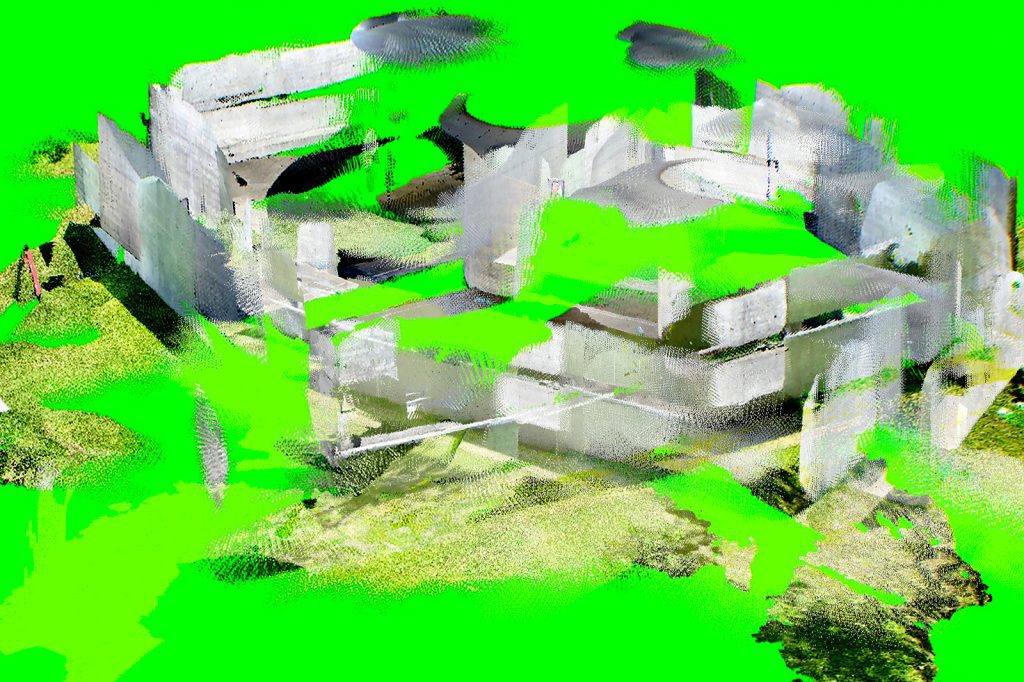Home Ground:
Heritage Coexistence
Free, bookings recommended
MPavilion
Queen Victoria Gardens
Opposite National Gallery of Victoria View map
This event is now complete. If you want to revisit the talk, visit our Library, or subscribe to the MPavilion podcast via iTunes, Pocketcasts, Stitcher, Spotify, or wherever else you get your podcasts.
Recordings
Watch more
A thought-provoking talk that sees heritage from new, open-ended angles
Questions of heritage can be fraught. This event takes a wide-ranging, laser-mapped view, led by Belgrade-born architect, researcher and curator Milica Božić. It begins with a talk focusing on the intertwined First Nations, colonial, and natural heritage embedded in Queen Victoria Gardens. The discussion will feature heritage experts from different backgrounds, bringing together Western and Indigenous architectural and cultural perspectives—allowing alternate forms of heritage to emerge. The conversation will then expand to a city scale, and audiences are encouraged to ask questions and contribute to help push ideas into new territory.
Then as the sun sets, the internal geometries of the pavilion will become a canvas for Božić’s immersive light installation. It’s a work that creatively adapts the same light detection and ranging technology (LIDAR) used in geological mapping to trace the familiar details of the pavilion and project them back in strange new ways.
Collaborators
Milica Božić is an architect, researcher and curator from Belgrade. She is a Marie Skłodowska-Curie PhD Fellow at Politecnico di Milano and RMIT University through the double-degree REDI program. Her research and practice explore architectural exhibitions and other temporary spatial interventions that open experimental and open-ended heritage encounters.
Laurajane Smith is a prominent Australian academic and scholar in the field of Heritage and Museum Studies. She is best known for challenging traditional views of heritage, and for her work on heritage’s social and political implications. Smith argues that heritage is not simply about preserving the past but is actively constructed and used to shape contemporary identities and power relations. Her influential books, such as ‘Uses of Heritage’ (2006), explore how heritage practices affect social inclusion, memory, and identity. She is a professor at the Australian National University (ANU) in Canberra and a fellow of the Society for the Academy of the Social Sciences in Australia. She is also the founder of the Association of Critical Heritage Studies and has been the International Journal of Heritage Studies editor.
Beau de Belle is a Gamilaraay man, RMIT University‘s Vice Chancellor’s Indigenous Doctoral Research Fellow, and Co-leader of the RMIT Architecture & Urban Design, Yulendj Weelam Lab. His PhD research focused on the Gamilaraay Murri (Gamilaraay men’s) ways of knowing using message sticks as a case study and also explores how this can be applied to the architectural design process. Beau’s work contributes to a transformative understanding of architecture, proposing a future where First Nations’ cultural narratives and values are central to design and construction, promoting cultural integrity and sustainability.
Robert John Adams AM is an Australian architect and urban designer based in Melbourne. He worked in the City of Melbourne, Australia, for 40 years, 24 of those as Director of City Design and Projects. He won multiple awards as the leader in revitalising the Melbourne central business district and surrounding areas, helping to create a vibrant city streetscape with innovative design features. He is a regular lecturer at RMIT and the University of Melbourne, where he has been a Professorial Fellow since 2004. He runs his consultancy, Adams Urban.
Marvin Gerrald is a designer specialising in interactive, motion, and UI/UX design. Marvin will create the projection mapping and animation for Heritage Coexistance.
This event is supported by RMIT University.
